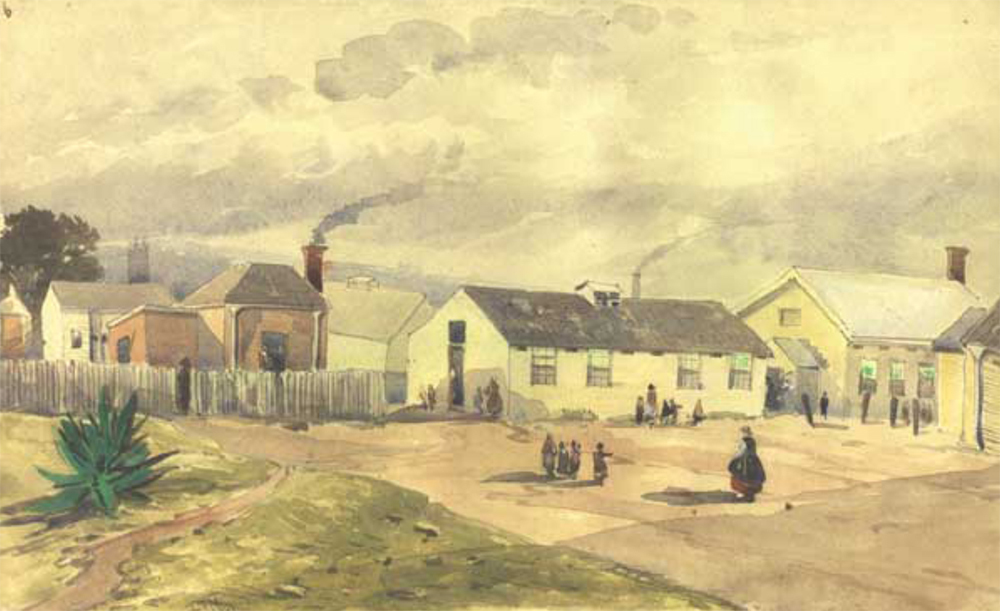In 1864, the Government passed the Neglected and Criminal Children's Act, allowing for the establishment of reformatories and industrial schools.
On 23 December 1865, the Sisters of the Newtown Convent opened St Joseph’s Industrial School with nine girls aged between 10 and 15 who had received court sentences, had been deserted by their parents or had been labelled uncontrollable. Like the orphans at Our Lady’s of Mercy, they often had tragic life histories. Many were thought to be living in slums, brothels or on the streets, where they could be schooled in crime instead of becoming the industrious, obedient and sober workers that the colony needed. Prostitution was one of the more insidious dangers for neglected girls and abused girls. In the 1860s, the age of consent was 12 years and not raised to 16 until 1885.
On admission to St Josephs a girl’s educational standard was assessed according to their skills in reading, writing and ciphering (arithmetic). In the period 1865 to 1880 the school register showed that only two girls entering the school were judged as having reached a ‘fair’ standard and the rest were illiterate. The Sisters intention was to give these children a basic education and also to prepare them for useful lives as servants.
The sisters took the radical step of housing these troubled children with the ‘respectable’ orphans.
Orphanages were designed to assist the 'deserving poor'. This meant families who were considered the innocent victims of misfortune. 19th century philanthropy had a deep suspicion about how and why people became destitute, and people who drank alcohol, gambled, were unemployed though able-bodied, spent money on indulgences, or associated with criminal or 'disreputable' people, were often seen as 'undeserving' of charitable assistance. It was a social experiment that worked and in 1872 Royal Commissioners observed that the girls in the Industrial school appeared not only bright and healthy but natural and home like and had nothing of the ‘cowed and restrained listless aspect’ of reformatory children elsewhere. In spite of the success of the school the sisters found it hard to pay bills for food, clothing and bedding and our foundress mother Xavier Maguire often wrote of her embarrassment at being unable to meet the financial obligations of maintaining the orphanage and industrial school. The industrial school closed in 1883.
